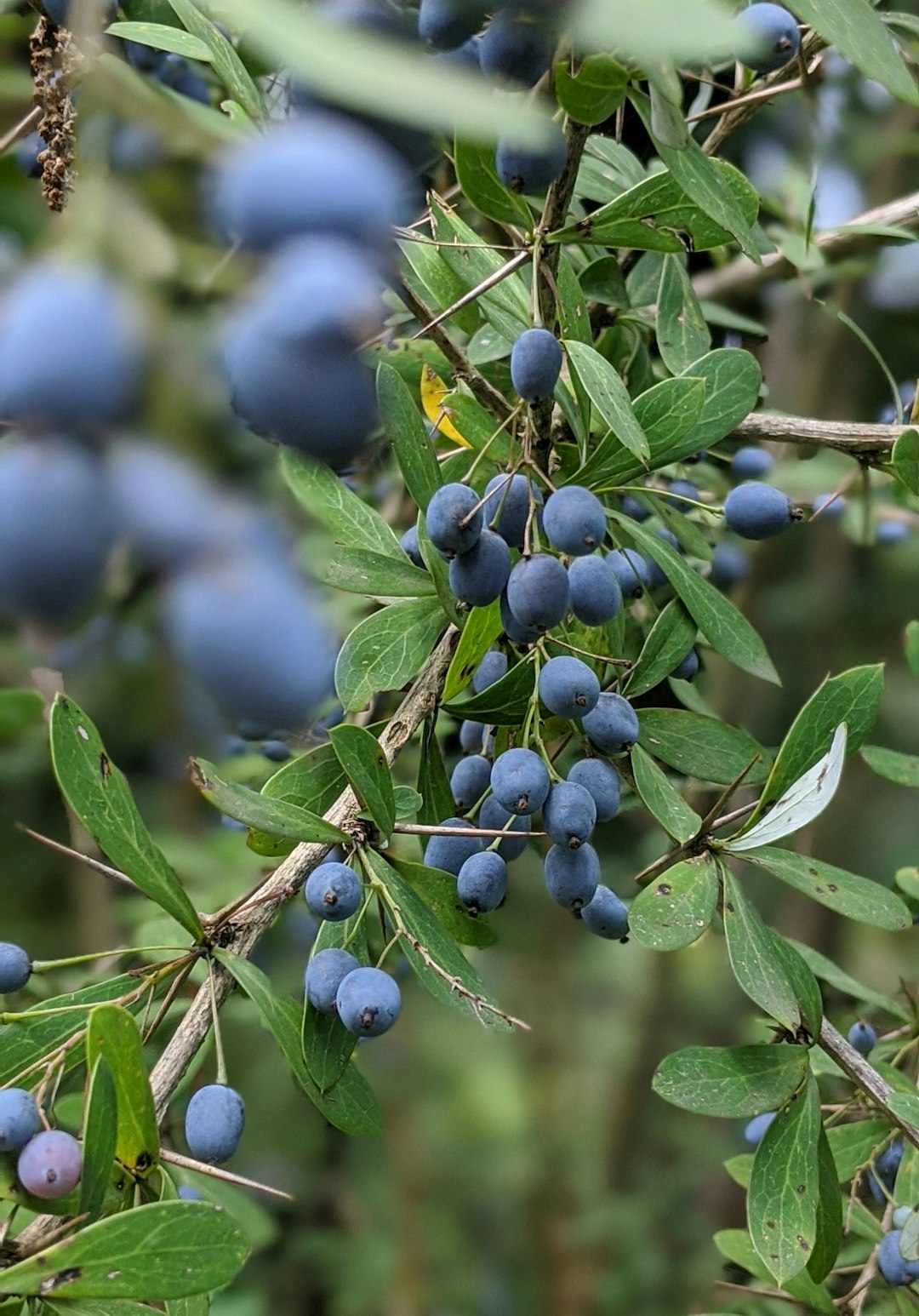Good morning emporium, this week we are talking about Juniper! I adore juniper as an herb or an essential oil; it smells great and offers many potential benefits.
Our downloadable monograph will be available for those with paid subscriptions and are available as separate posts.
I am honored to be able to have this publication to help people learn how to help themselves and understand how to make basic remedies for themselves and their family. Now more than ever, taking care of yourself is the most important skill you can ever have!
With that being said, let’s get into part 14 of our series!
This publication has not been approved by your local health department or the FDA and is not intended to provide diagnosis, treatment, or medical advice. The content provided on this publication is for informational purposes only. Please consult with a physician or other healthcare professional regarding any medical or health-related diagnosis or treatment options. Information on this publication should not be considered as a substitute for advice from a healthcare professional. The claims made about specific products throughout this publication are not approved to diagnose, treat, cure, or prevent disease or ailments.
Welcome back to Basic Herbs 101. This week we are talking about juniper, (Juniperus communis.)

If you haven’t already, please like us on Facebook to find where you can shop us in person or follow us on Instagram to help us go farther. We post simple tips, recipes and more on simple infographics on herbs frequently outside of writing this publication.
Juniper berries offer powerful antioxidant properties and are a potent diuretic, aiding in the cleansing of the system and promoting kidney health.
Check out this article that discusses metabolic effects in a study done.
Want to grow it? Let’s see how:
Keep reading with a 7-day free trial
Subscribe to Herbal Emporium & Apothecary to keep reading this post and get 7 days of free access to the full post archives.


